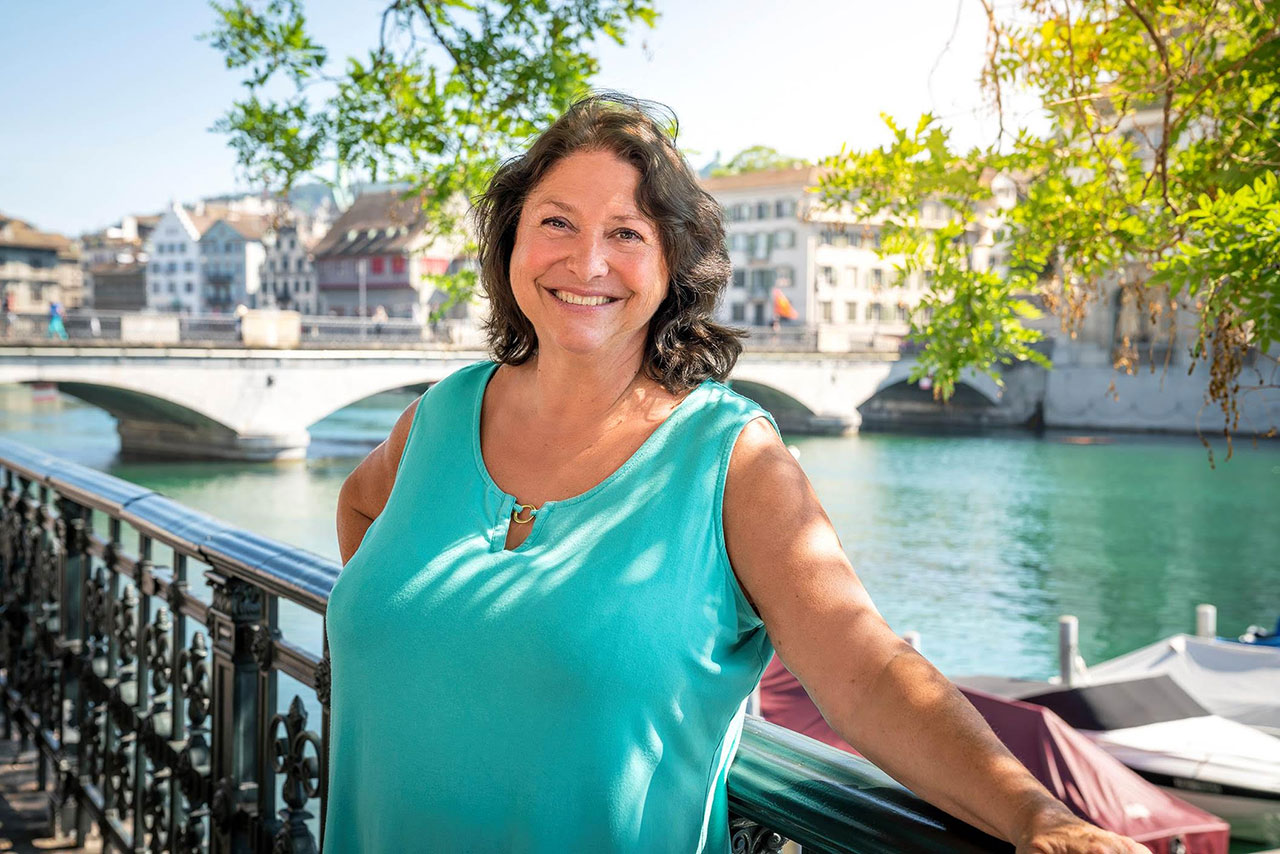Property search and purchasing assistance in Switzerland
You have decided to buy a house or apartment in Switzerland. To simplify the search and save time, we offer our support. Based on your criteria, we can start the search for you, arrange viewings, and accompany you throughout the process.
Not entirely sure yet where the property should be located? Perhaps near your current residence, or maybe in a completely different canton? We can also assist with a preliminary selection, provide suggestions, and accompany you on viewings in various locations.
Our services at a glance:
- Property search according to your criteria: Conducting a targeted property search based on your specific needs and preferences.
- Organization of viewings: Planning and scheduling property viewings.
- Accompaniment during viewings: Personal accompaniment and support during viewings to provide comprehensive advice and prompt feedback on the properties.
- Preselection of properties: Performing a preliminary selection of potential properties that match your criteria.
- Legal advice and contract management: Assistance in contacting notaries and legal advisors for legal matters.
FAQ on buying property in Switzerland
Who can buy a property in Switzerland?
Before we can start, however, it is probably most important to know who is allowed to buy a property in Switzerland. There are some important points that need to be considered. Here is a brief overview:
- Swiss citizens and persons with a permanent residence permit (C permit)
Of course, buying a property is not a problem for Swiss citizens and does not require a permit. Persons in possession of a C residence permit may also purchase without restriction. They may buy either for themselves, i.e. as their primary residence, but also, for example, apartment buildings. - EU/EFTA citizens with a residence permit
Citizens of EU or EFTA states (e.g. Germany, France, Italy, Norway) with a residence permit (B permit) may purchase real estate for their own use, e.g. a house or apartment in which they live themselves. They may also buy property for independent professional activities (e.g. for their own business). If they live in Switzerland permanently (C permit) or work in Switzerland long-term, they can also buy real estate for investment purposes. - Third-country nationals (non-EU/EFTA)
Third-country nationals (e.g. people from the USA, Russia or China) who have a C permit can buy real estate in a similar way to Swiss citizens.
Third-country nationals with a B permit may generally only purchase real estate for their own use (e.g. a house or apartment in which they live themselves). However, they are not allowed to buy real estate for investment purposes or as vacation homes. Unless they receive a permit to do so
What is the special regulation for purchasing a holiday property (Lex Koller)?
The so-called Lex Koller law severely restricts the purchase of real estate by persons who are not resident in Switzerland. In principle, they are not allowed to acquire real estate, but there are exceptions for vacation properties in certain tourist areas. In principle, permits are issued by the respective cantons.
We offer our support to ensure that you are allowed to buy the property you wish to purchase. Where necessary, we bring you together with our specialists who can provide detailed information.
What needs to be considered when financing?
- Large cities such as Zurich, Geneva or Basel are among the places where purchase prices are highest, while rural areas and smaller towns often offer cheaper options.
- As a rule, the bank requires the buyer to contribute at least 20% of the purchase price as equity. At least 10% of this must come from the buyer’s own funds (not pension fund money).
- Swiss banks offer various mortgage models, such as fixed-rate mortgages with fixed interest rates for a fixed term or variable-rate mortgages where the interest rates can be adjusted.
- The bank checks the affordability of the loan, whereby the monthly costs (interest, amortization and ancillary costs) may not generally exceed 33% of the buyer’s gross income
What are the steps for the purchase contract?
A preliminary contract or reservation agreement is often signed before the actual purchase contract is concluded.
It goes without saying that you should thoroughly inspect the property beforehand. This includes inspecting the land register to check mortgages, liens or other encumbrances.
The final purchase contract is signed at the notary’s office. After signing and payment of the purchase price, the buyer is entered in the land register as the new owner. In principle, a notary should be selected who is located in the same canton as the property to be purchased.
What additional costs should I expect?
In addition to the purchase price, you should also consider the following fees/costs: notary and land registry fees, which are usually between 0.2% and 0.5% of the purchase price, as well as maintenance costs (including insurance, taxes and maintenance). Also remember that mortgage interest and some maintenance costs are tax deductible.

